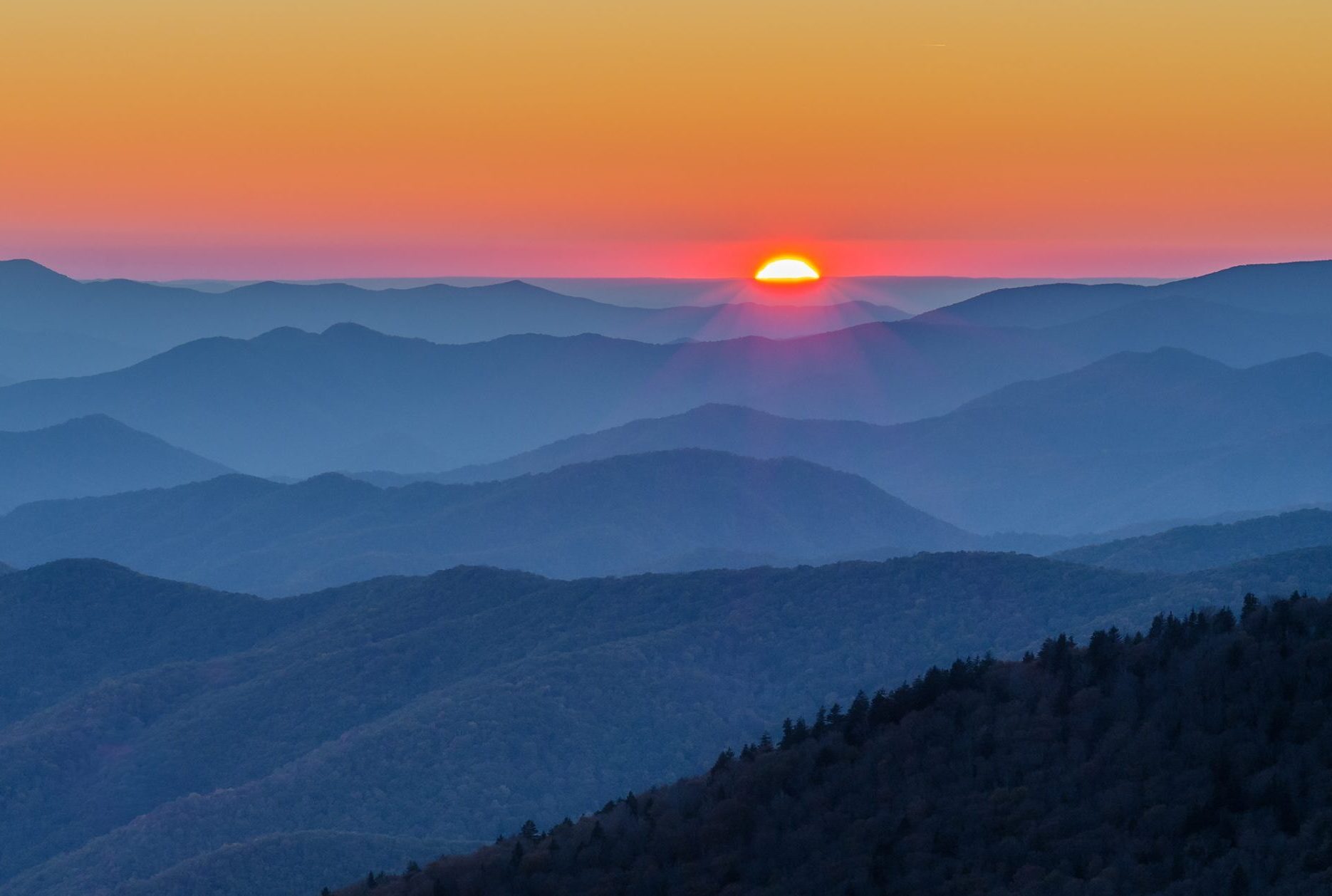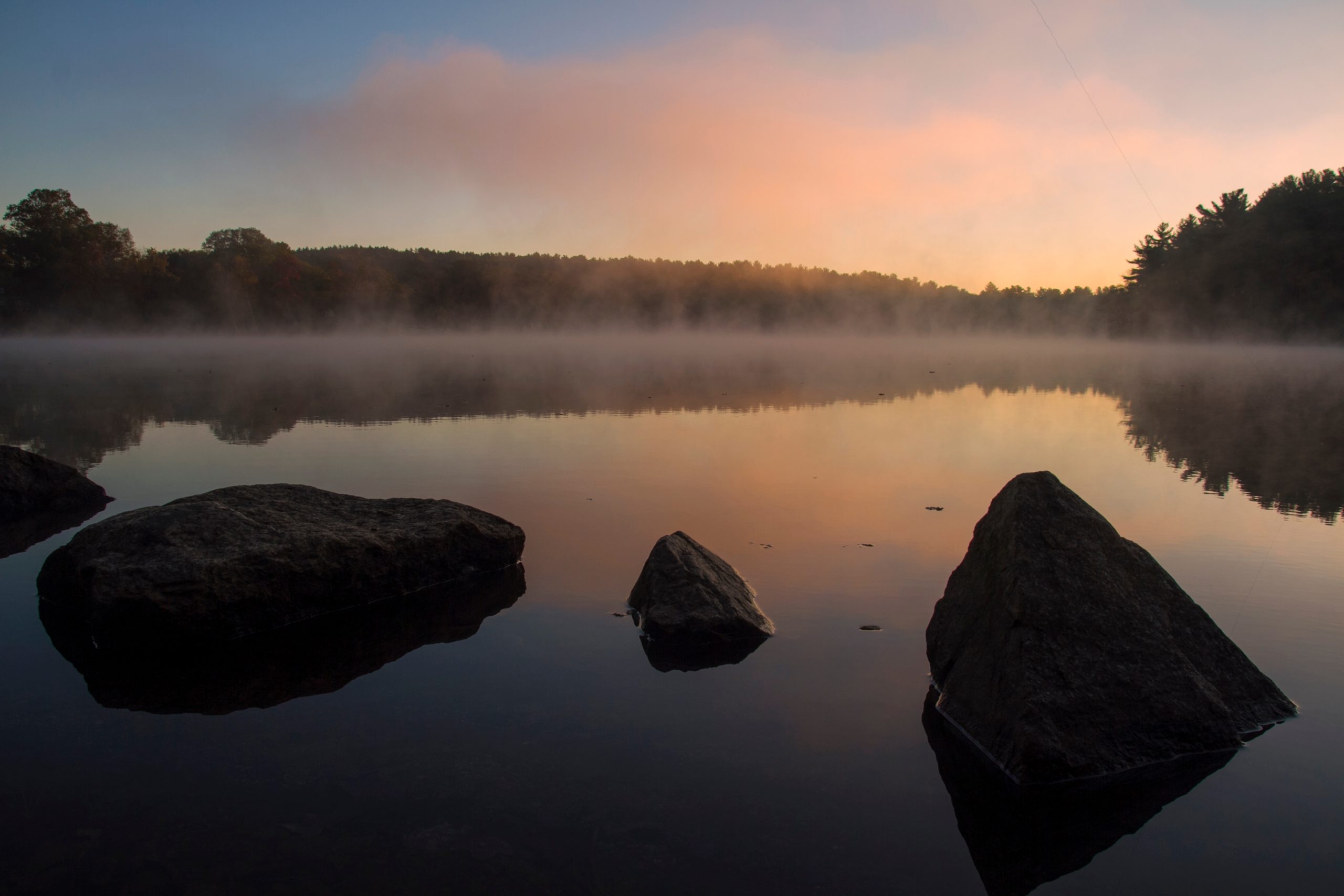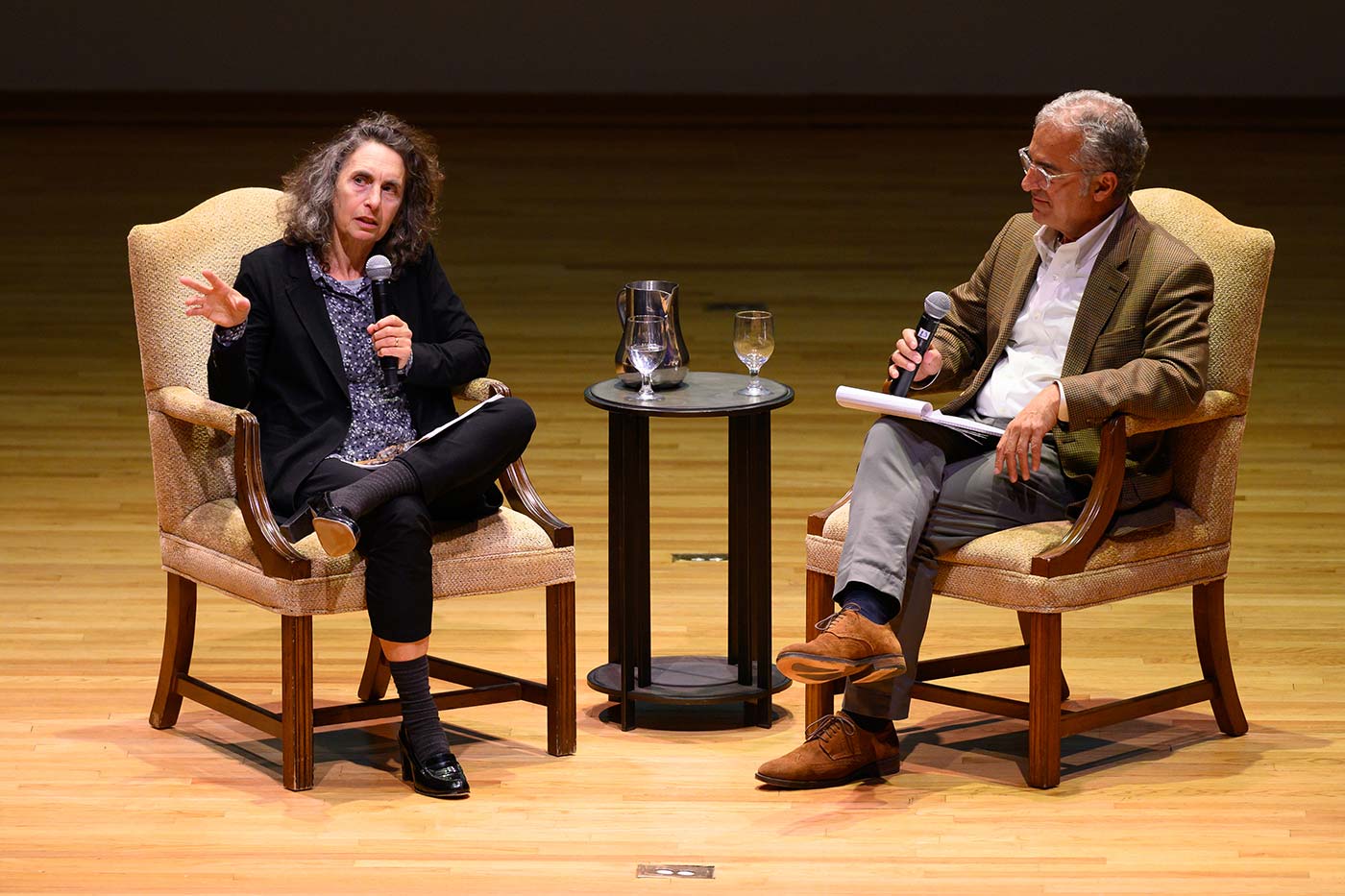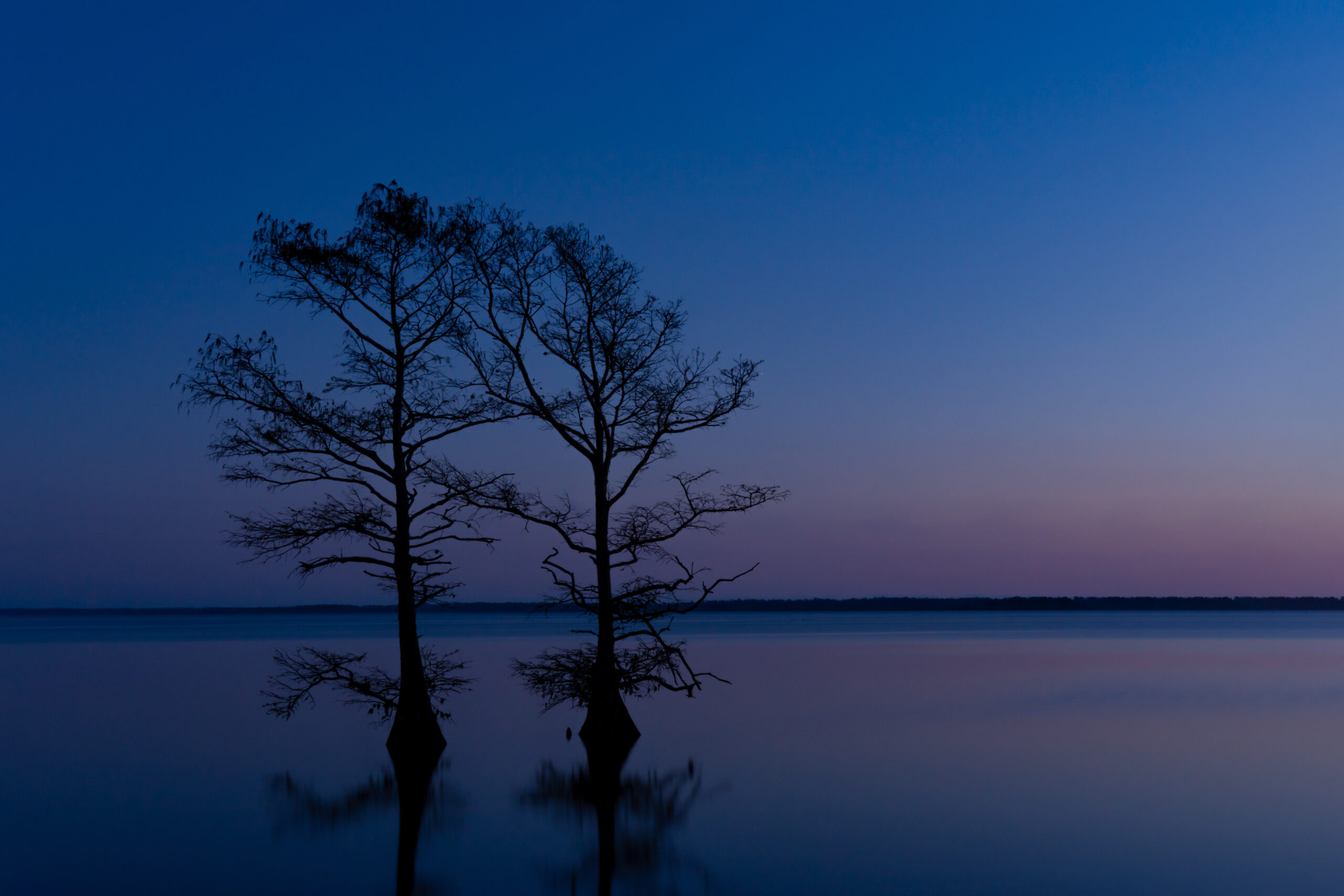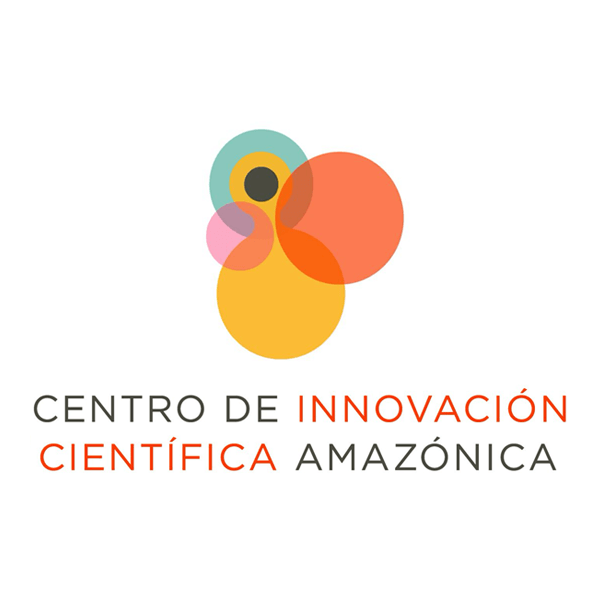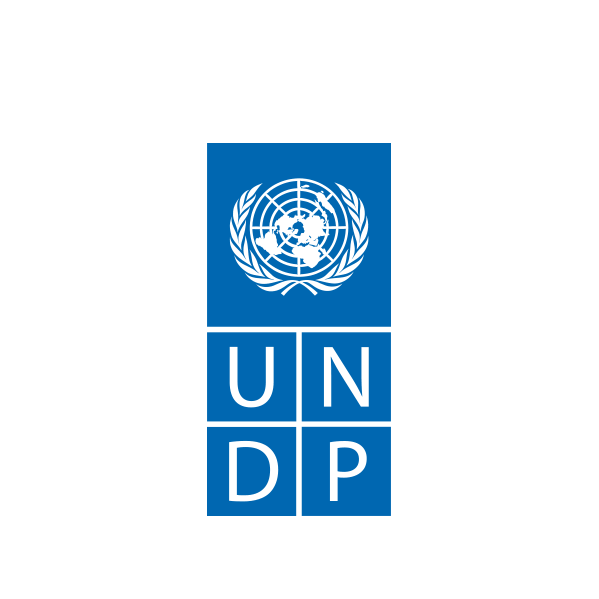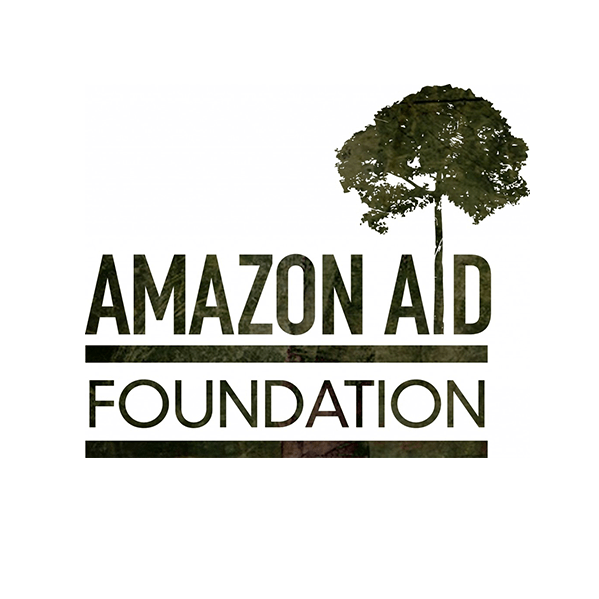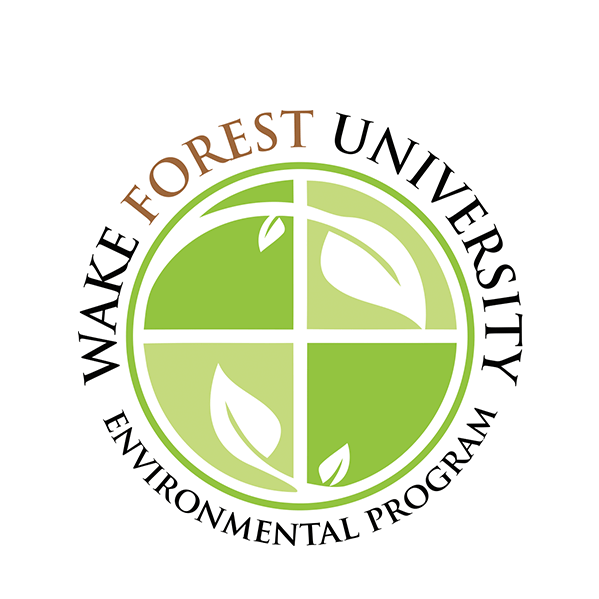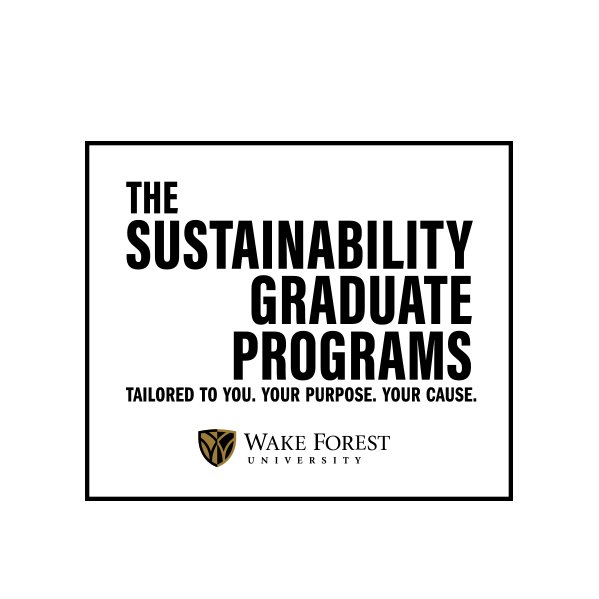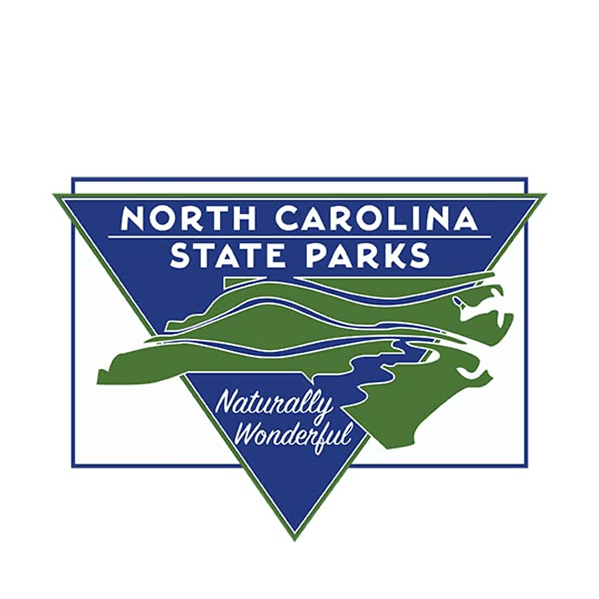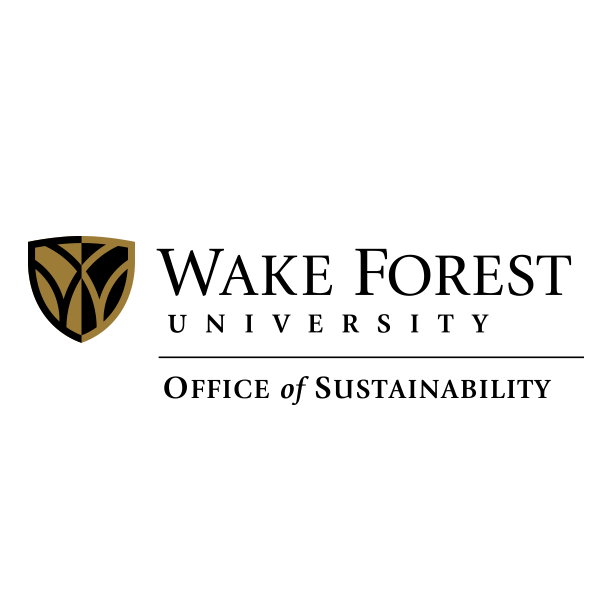At The Sabin Family Center for Environment and Sustainability, we fundamentally believe that convening across perspectives, disciplines, and expertise is essential to advancing our vision of a more sustainable, just, and more abundantly wild world.
- Catalyzing Campus Collaboration – Through both formal and informal gatherings, the Sabin Center regularly seeks to spur relationship-building and a vibrant exchange of ideas across the Wake Forest Community. Our Chalk Talks allow Faculty and Fellows opportunities to explore new questions with an engaged and diverse group of thinkers, while Sabin Suppers create intimate opportunities for small groups of Faculty to break bread together in low-pressure environments.
- Specialized Symposia – When discrete environmental issues emerge, we bring together the experts and leading practitioners to hash through the nuances and identify potential paths forward. For example, after the United States Supreme Court issued its landmark ruling in Sackett v. EPA, we hosted our “Clean Water After Sackett“ symposium to explore its implications for North Carolina’s waters and communities.
- Working Groups – Complex challenges require concerted efforts across diverse stakeholders. That’s why we support the Amazon Gold Working Group, a partnership with the Amazon Aid Foundation designed to strengthen cooperative networks in the fight against the catastrophic impacts of illegal gold mining in the Amazon.
- Signature Speakers & Conferences – Given the interwoven nature of our world’s myriad environmental and sustainability crises, and the rapidly changing landscape in which we are addressing them, we prioritize convening broader conversations that span stakeholders, perspectives, and expertise. We were thrilled with the feedback we received for our Advancing Stewardship conference in 2024, and look forward to creating future opportunities for collaboration across global experts and our local community.

CINCIA is the Sabin Center’s premier international project. Producing pioneering science in the Peruvian Amazon
Stay Connected
Sign up to receive our mailings


